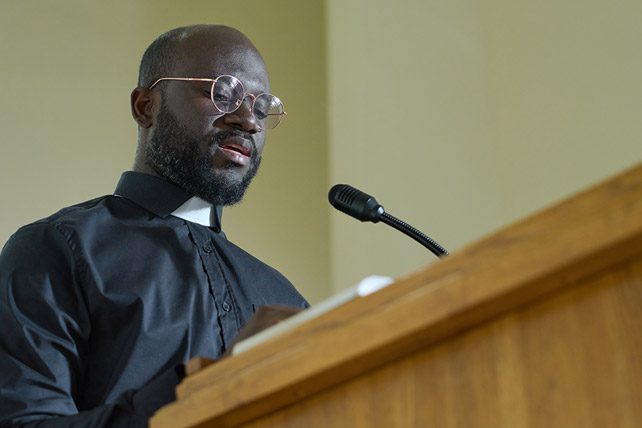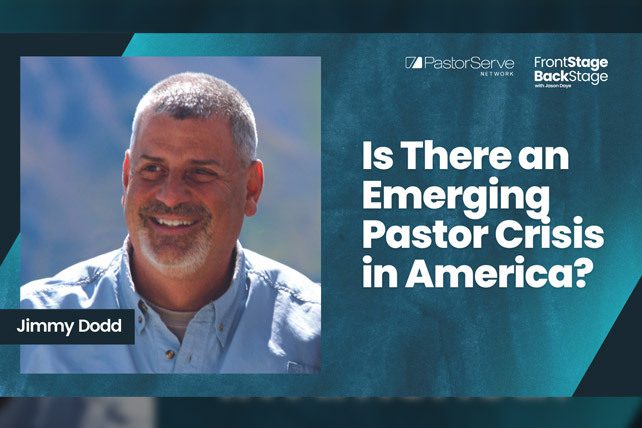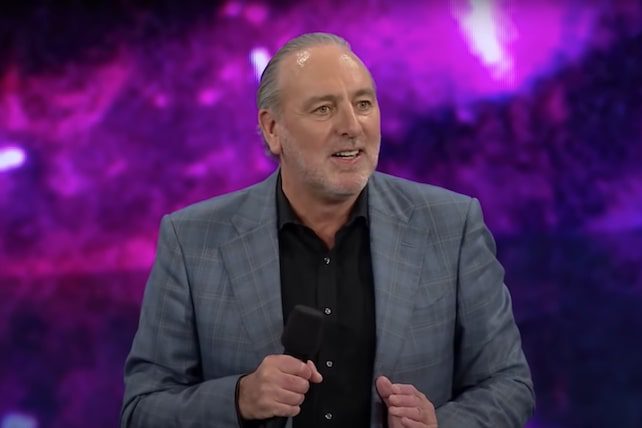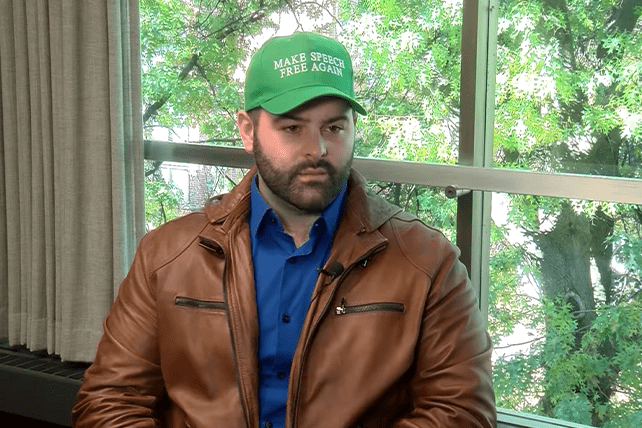(RNS) — The Rev. Susan Sparks, a minister and a professional comedian, uses humor in her sermons to help her American Baptist congregation in New York City consider ways to approach those with whom they disagree.
Pastor Joel Rainey, who leads a West Virginia evangelical church, hosts a “special edition” of his preaching podcast to answer questions he’s received from his politically diverse congregation about hot-button issues.
Rabbi Rachel Schmelkin recently preached about anger, realizing it was an emotion felt by congregants of her Reform synagogue in Washington, no matter their stance on the Israel-Hamas war.
Fueled by their work in comedy, psychology and theology, some clergy say reducing polarization is both a spiritual necessity for them and an ever-increasing part of their job description.
Sparks, who has been on the Laugh in Peace comedy tour with a rabbi and a Muslim comic, said she can see shoulders relax and smiles appear on faces when she starts a sermon in a joking matter — such as the battle over what topping is appropriate on a sweet potato casserole. But then she can move into tougher subjects as she addresses her multiethnic congregation.
“I did a piece on how cancer does not discriminate between Republicans and Democrats,” said Sparks, a cancer survivor, referencing another sermon. “There’s things that we all experience, and we can start there and find that place, enjoy a little moment where we can share something and take tiny baby steps off that to move into harder territory.”
Preaching is one means, she and others say, that clergy can attempt to help congregants get along better with each other and, by extension, their families and friends.
“We used to have congregations where people would be shaped by Scripture and by their faith leader and then they would listen to the news and say, well, that does or doesn’t fit in with my faith,” said Andrew Hanauer, president and CEO of One America Movement, a Maryland-based organization founded in 2017 that supports leaders of congregations, from Southern Baptists to mainline Protestants to Muslims.
Now, as people often align first with a viewpoint they’ve heard on cable news or read in social media, he said clergy have to answer new questions: “How do you preach in a way that moves people out of complacency about the world in general but also let’s them know this is not a Democratic church or a Republican church, it’s a church for all God’s people?”
In recent years — especially since 2020 — as clashes over race, politics and health have escalated into what Hanauer calls “toxic polarization,” clergy can feel like they are walking a knife’s edge in their sermons, as they preach to divided — and sometimes hostile — congregations.
One America Movement, along with the Colossian Forum and other clergy resource groups, has found that pastors are seeking ideas for how to preach in ways that heal, rather than further widen, the social and political divides within their congregations.
In the last year and a half, Hanauer’s organization has worked with more than 100 clergy as they consider sermons or other messaging related to polarization.







 What can we learn from the sabbatical experiences of other ministry leaders that can help our own sabbatical be even more refreshing and meaningful? In this week’s conversation on FrontStage BackStage, host Jason Daye is joined by Jimmy Dodd, founder and CEO of PastorServe. For over 24 years, PastorServe has been coming alongside of pastors, ensuring that no pastor walks alone. Jimmy has served as a church planter, a lead pastor, and a teaching pastor. He’s written a number of books, including the best-selling “Survive or Thrive: 6 Relationships Every Pastor Needs.” Together, Jimmy and Jason take a close look at the sabbatical that Jimmy recently completed. Jimmy shares from his own experiences about how he prepared for sabbatical, what he encountered during his sabbatical, and even some mistakes that he wants to encourage others to avoid.
What can we learn from the sabbatical experiences of other ministry leaders that can help our own sabbatical be even more refreshing and meaningful? In this week’s conversation on FrontStage BackStage, host Jason Daye is joined by Jimmy Dodd, founder and CEO of PastorServe. For over 24 years, PastorServe has been coming alongside of pastors, ensuring that no pastor walks alone. Jimmy has served as a church planter, a lead pastor, and a teaching pastor. He’s written a number of books, including the best-selling “Survive or Thrive: 6 Relationships Every Pastor Needs.” Together, Jimmy and Jason take a close look at the sabbatical that Jimmy recently completed. Jimmy shares from his own experiences about how he prepared for sabbatical, what he encountered during his sabbatical, and even some mistakes that he wants to encourage others to avoid.


 Let’s dive into a topic that’s often overlooked but can make a world of a difference in your ministry journey—the powerful connection between physical well-being and effective pastoral work.
Let’s dive into a topic that’s often overlooked but can make a world of a difference in your ministry journey—the powerful connection between physical well-being and effective pastoral work.











